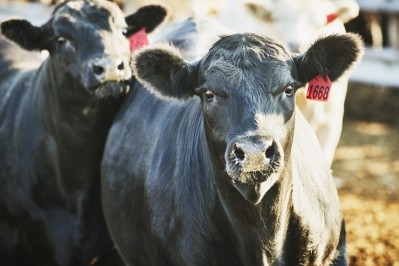DuPont looks to new facility to boost its work in the area of gut health

The company will expand its research capabilities in Leiden though this the new facility.
DuPont said the capacity of the new site in Oegstgeest will double the potential for growth of its current employee base, with the potential of creating an additional 100 jobs at the site, in relation to research and development, application development, marketing, sales and customer service. The building will serve as the new Europe, Middle East and Africa (EMEA) headquarters for DuPont Industrial Biosciences.
Aart Mateboer, animal nutrition business director, DuPont, said the facility is set to go live next year. “The construction of the building is scheduled to be completed in 2020.”
The site will cover 7,250 square meters, a doubling of the capacity of the current facility.
Linking nutrition, microbiome and gut and immune function
When asked what the likely impact would be on DuPont’s feed related portfolio from this infrastructural investment, he told FeedNavigator today:
“DuPont continues investing in innovation which is driven by nutribiosis, the interconnection between nutrition, microbiome and gut and immune function.
“The new building is designed to help us achieve just that – it will be equipped with modern laboratories to do in vitro studies to support our nutribiosis approach.”
The company said that achieving and maintaining the optimum balance between these three components - known as a favorable nutribiotic state - is crucial for good gastrointestinal tract (GIT) health in an animal, which in turn helps to maximize performance. However, the fragile environment of the GIT means that it is susceptible to a range of external factors, such as climate, environment or disease, which can throw this trinity off-balance, said DuPont.
The feed additive producer said it is aiming to realize the full potential of nutribiosis by leveraging its expertise in enzyme and gut health technologies encompassing microbiome research, in-field analysis and applied research, advanced omics technology and in vitro gut simulators, as well as building on its understanding of feed additive applications.
“We are very much focusing on the microbiome. We are doing quite a lot of research in understanding what goes on in the gut, what are the good microbes, and what are the bad microbes, and we are learning how to influence that. That will help our customers to reduce their use of antibiotics."














